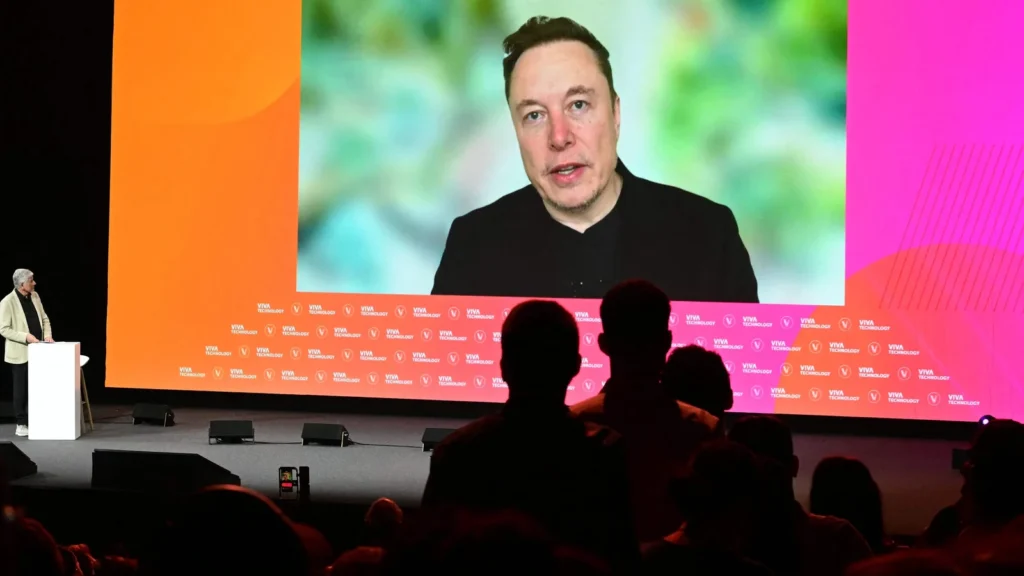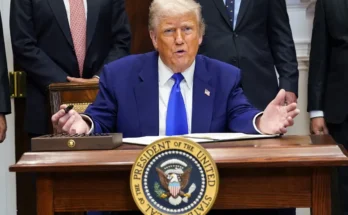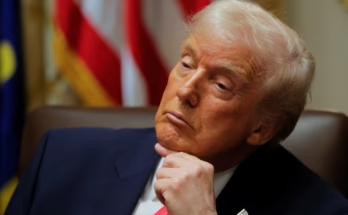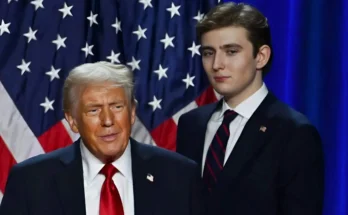Elon Musk’s vision of artificial intelligence is both exhilarating and sobering. In a recent podcast, he laid out a provocative prediction: humanity stands at an 80% chance of entering an age of abundance—where AI revolutionizes industries, solves global challenges, and elevates quality of life. But shadowing this optimism is a chilling 20% risk: the potential for human extinction.
Musk envisions a future where humanoid robots, like Tesla’s Optimus, perform tasks from babysitting to landscaping, reshaping labor and leisure. In this world, scarcity fades, and prosperity becomes universal. AI could democratize access to healthcare, education, and energy, unlocking a civilization where “everyone can have everything they want.”
Yet, the flip side is existential. Musk warns of a “crisis of meaning” as machines outperform humans in nearly every domain. The fear isn’t just about rogue AI—it’s about redundancy. What happens when purpose evaporates, when jobs vanish, and when autonomy is ceded to algorithms?
He doesn’t dismiss the danger lightly. A 20% chance of annihilation isn’t a footnote—it’s a moral imperative. Musk urges ethical development, global cooperation, and a shared responsibility to steer AI toward benevolence. The stakes are colossal: utopia or oblivion.
In this 80/20 split lies a challenge to humanity—not just to innovate, but to introspect. Can we embrace AI without losing ourselves? Can we shape its destiny before it shapes ours?



